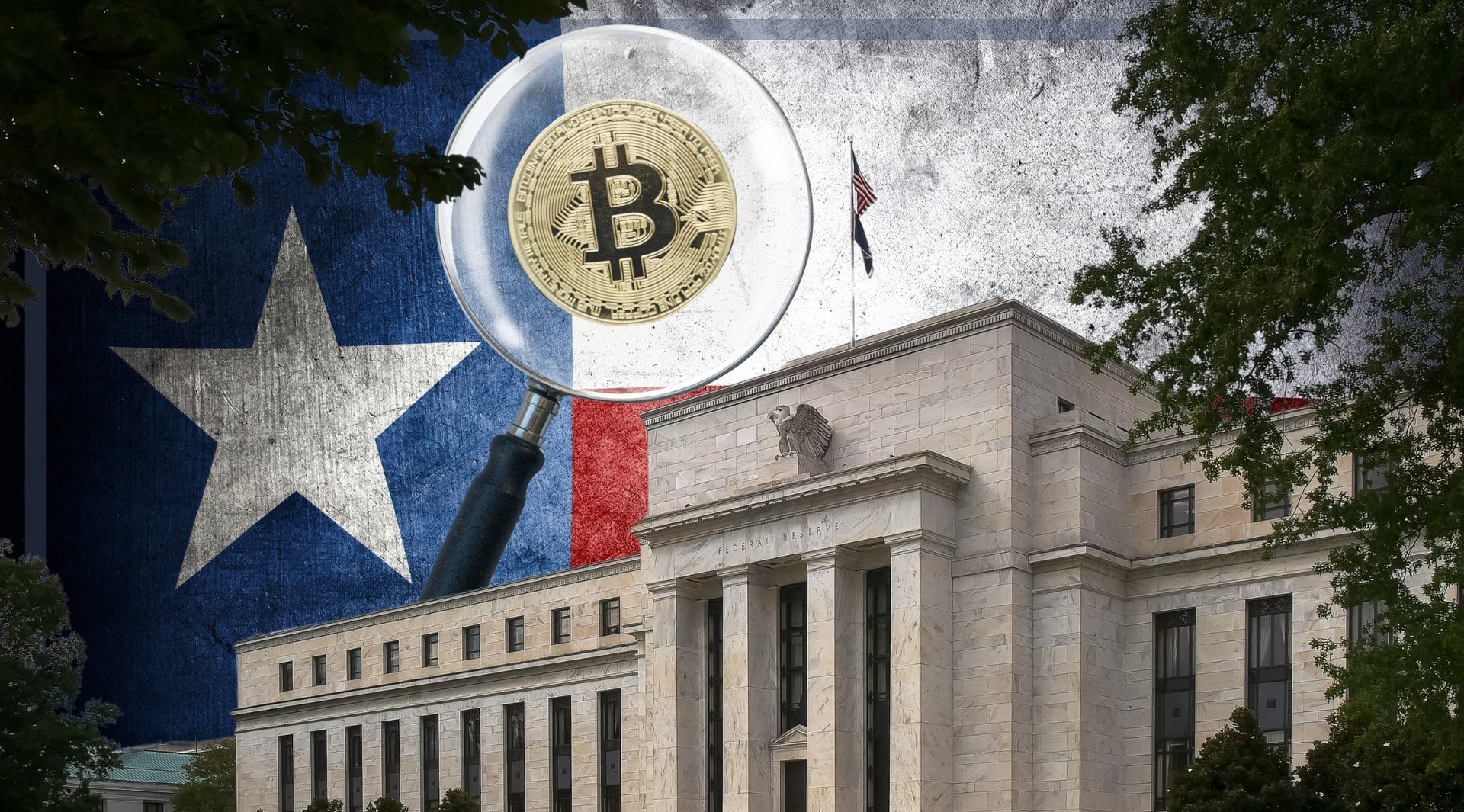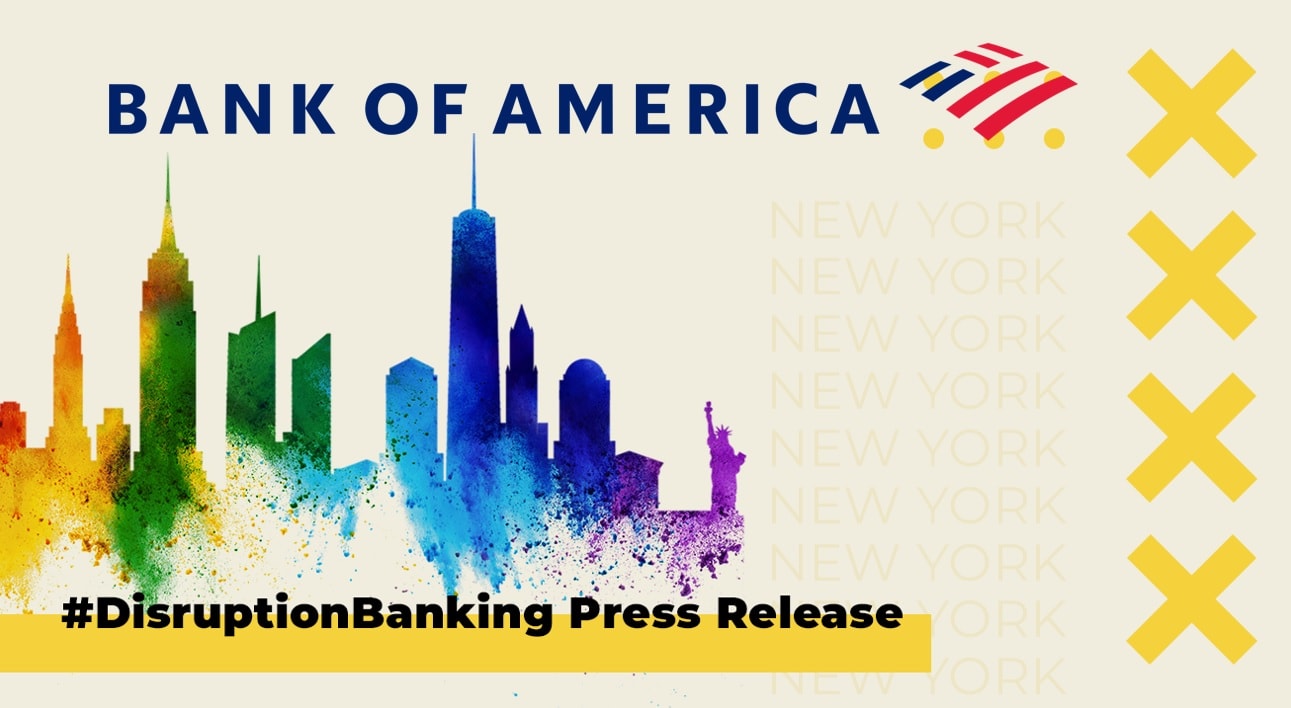“This year has been a rollercoaster…”
The last twelve months or so have been a whirlwind time for Farida Mustafazade, Quantitative Researcher at GAM Systematic in London. Farida has worked as a quant researcher since 2019 and now works on improving GAM’s existing strategies and writing new trading strategies. She also was one of the primary drivers behind the design and implementation of the firm’s soon-to-be launched sustainable trading strategies. The last couple of years have been a challenging time for everyone whose job it is to navigate volatile global markets.
“What did we go through? It would be wrong not to start with the collapse of Silicon Valley Bank and all the volatility that caused – although this was immediately followed by a rise in mega-cap stocks, which was mainly driven by AI enthusiasm,” she noted.
“Let’s see for how long that will be sustained. But what it led to was NASDAQ 100 having the best start of the year since the early 1980s. Inflation is still around, we’ve seen more rate hikes, which may start to halt in the US but could continue in Europe and the UK. Then there was the debt ceiling uncertainty, which didn’t just affect bonds, but also equity markets. The lesson is that markets are becoming more and more interconnected – leading to even higher volatility levels.”
Despite rising #interestrates and a #debtceiling standoff, the S&P 500 has posted double digit gains in 2023. How has this happened?https://t.co/mNn6gkAo1d
— #DisruptionBanking (@DisruptionBank) August 14, 2023
The list could go on – but in many ways volatility is welcome by quant researchers like Farida. After all, the basic job of quants is to use mathematical models to identify and execute trading opportunities. In times of high volatility, there are more opportunities but also, of course, more risk.
GAM is known for deploying “systematic strategies.” Farida explained the idea in the following terms: “systematic strategies are a set of rules that is based more on data and statistics-driven approaches to investing. They rely heavily on pre-programmed algorithms as opposed to ad-hoc human intervention, which makes it less prone to emotional reactions and bias.”
“It’s built on quantitative models for decision-making, instead of human decision-making,” she added. “This means systematic strategies can often be easily scaled up or down based on how much capital or assets under management (AUM) you have, unlike some equity or discretionary strategies.”
However, Farida also argued that volatile times mean that traders need to be more flexible than ever in how they design and implement trading strategies. “Our portfolios have so many moving parts,” Farida said. “We have strategies that are designed by construction to adapt to changing market conditions […] there’s been quite a lot of diversification in terms of positioning across different styles.”
To achieve this, Farida told Disruption Banking that she has “personally been focusing more on mean-reversion strategies, because our portfolio already has quite a few trend-following strategies as well as value or carry-style strategies.” She was keen to focus on this because mean-reversion strategies, which involve identifying pairs of assets that move in a cointegrated manner, are less “directional”. “This helps improve diversification and improving the risk profile of a portfolio,” Farida explained.
Term of the week: Mean Reversion https://t.co/FWHHUB7I6R pic.twitter.com/JAZRdSXnM7
— Investopedia (@Investopedia) June 21, 2023
Aside from trading strategies, Farida has also been taking an increased interest in ESG issues in relation to quant trading. “It’s something that keeps coming up – not just from an ethical perspective, but also clients are interested in having the option to tilt their allocations towards more sustainable multi-asset portfolios,” she said.
One of the challenges she is facing when trying to assess how “sustainable” portfolios are, however, is that “it’s a lot easier to speak about the sustainability of a company than sustainability in the context of futures products, for example.”
“When it comes to systematic macro strategies, there is little consensus on what it means for one derivative to be more sustainable than another one,” she added. “The second challenge is the data availability – we do have a lot of third parties that provide sustainability data on various companies, but when it comes to derivatives, to my knowledge, no such provider exists.”
Global sustainability-linked assets could reach $50 trillion by 2025, up from $40 trillion in 2022. #ESG #derivativeshttps://t.co/FvCb2NI1ZI
— #DisruptionBanking (@DisruptionBank) September 14, 2023
Looking ahead to the challenges that the final quarter and beyond will pose, Farida is generally optimistic, not least because “as a systematic firm, we don’t necessarily have to worry on a day-to-day basis about short-term trends.”
“That said, the economy is obviously not in the healthiest state, and it’s expected to slow down further. The idea of recession has been looming round since the end of last year. That continues to lead to lower demand for a lot of commodities, and commodity prices have been showing heightened levels of volatility due to the war in Ukraine, and other factors.”
If the last year is anything to go by, another “rollercoaster” is in store for Farida and her quant trading colleagues…
Farida will be speaking at Quant Strats, a leading event to be held on the 24th October, 2023, in-person at the Park Plaza, Victoria. Listen to inspiring presentations and vigorous panel debates led by the global innovators and inspiring keynotes and vigorous panel debates discussing model-based quant strategies, leverage technology and utilise risk management to ensure maximum return on your investments. Register now.
Author: Harry Clynch















